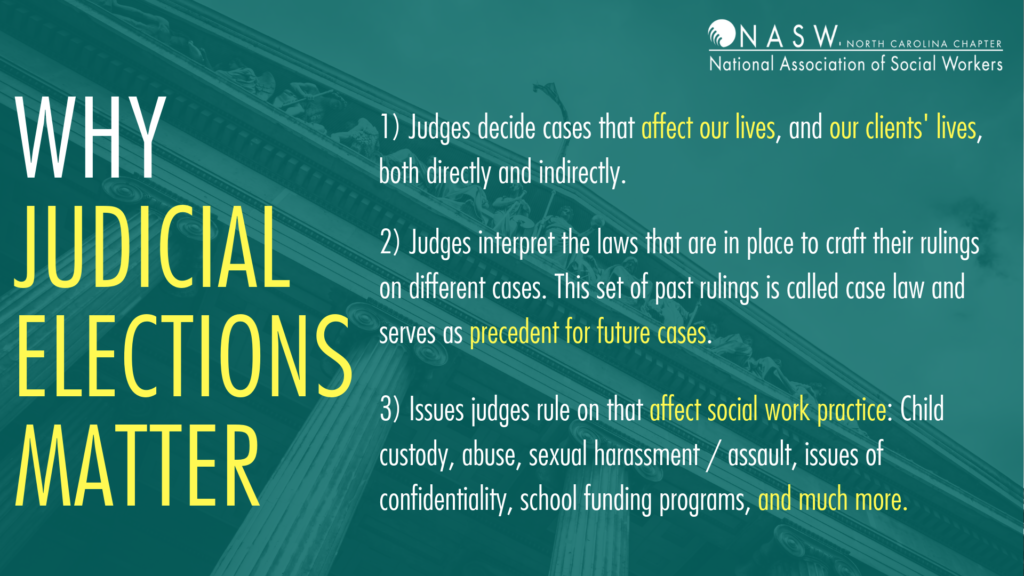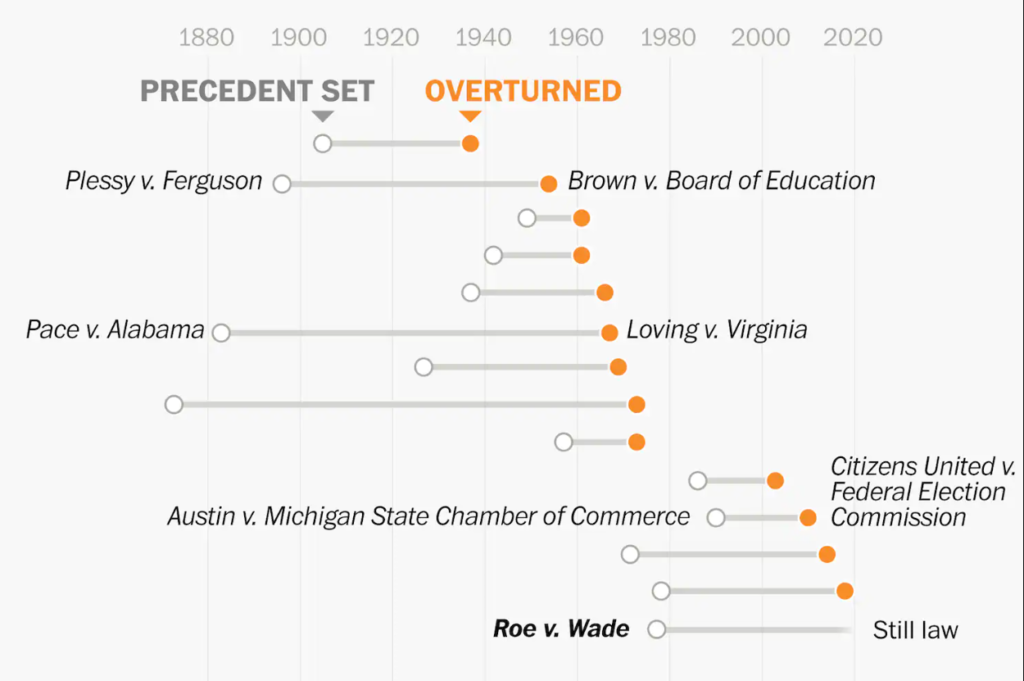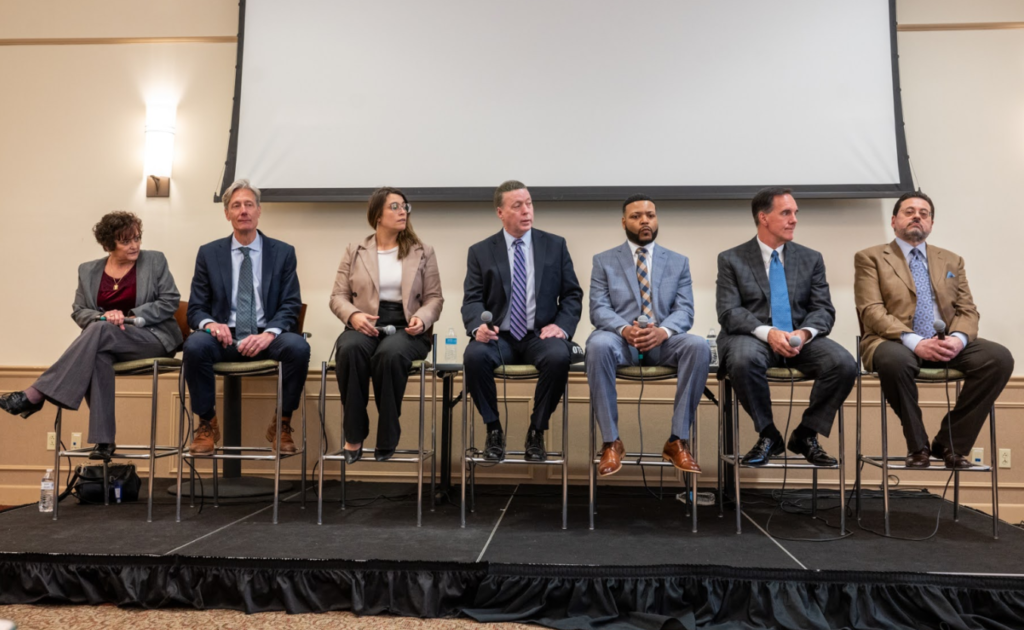Somehow it is May again already, and for Pennsylvanians that means primary elections, which are coming up in just over a week on Tuesday, May 16. In the four years that this blog has been around, I have written no fewer than 17 posts about upcoming primary and general elections (roughly 8% of my content). Those posts have rarely focused on individual candidates, but rather on the structure of government, the power invested in different offices, and the implications of certain courses of action… and I have spent no small amount of time on my soapbox talking about the importance of getting involved every time, especially in primaries and smaller races.
I guess it isn’t all that surprising to me that I spend so much of my writing time on our democracy because regular requests for my election research spreadsheets (which I started doing regularly in the lead-up to the 2016 presidential election) were a major contributor to why I created this blog in the first place. And I have learned a great deal over the past few years about how our government works as different races, ballot initiatives, and constitutional amendments have shown up on my ballot.
Odds Are…
Elections in odd-numbered years get significantly less attention than in presidential election years and even notably less than in midterm election years, but I have always stressed the great importance of the judicial elections that happen these years in Pennsylvania.[1] Over the last year especially, I feel like I have seen more information in the news and in common discourse about the balance of power between the courts, the legislature, and the executive – at least at the federal level.
Pennsylvania’s government mirrors the structure of our federal government, and understanding that balance of power is of critical importance whenever we the voters have the responsibility to make decisions about our court system. If you haven’t read them yet, I highly recommend taking a look at some of my previous posts on our court structure and what to look for when voting in judicial elections: see 2019 [2] and 2021 (one of my most-viewed posts ever!)[3]

Image credit: [4]
Every time an election is coming up, I start with information compiled by the League of Women Voters at Vote411.org.[5] It is not always perfectly comprehensive because it depends on candidates responding to their surveys, but many do respond, creating an excellent resource for voters. While LWV does not endorse any candidates (the website is an educational tool, much like what I strive for here on this blog), they do ask candidates to respond to pointed and relevant questions, as they did with judicial candidates this year, relating to 1) the balance of power between the three branches of government, and 2) overturning legal precedent.
Interpretation and Precedent
What we are currently seeing in the US Supreme Court is a shift toward a more conservative, “as written” interpretation of the constitution, as opposed to a more progressive, “what do these words mean in the context of a society that has evolved over the past two centuries?” interpretation.[6] I remember trying to describe the difference between strict and loose interpretation to a friend in 8th grade Social Studies with the example of determining what your parents would allow you to do based on what they said: “they said you have to do X” vs. “they didn’t say you couldn’t do Y.” (Yes, I had teachers who told my mom I should become a lawyer.)
But in all seriousness, we are seeing federal-level protections eroded and long-standing precedent overturned under the auspices of needing clearer, more explicit legislation to grant specific protections and leave less open to interpretation. Now, while I am absolutely in favor of clear and explicit protections for individuals – particularly when it comes to certain topics that were central to US politics last year – I am absolutely aware that policy changes at an absolutely glacial pace in a democracy, and I also recognize that even when new policy is enacted, there will always be space between “as intended” law and “as applied” law… meaning that who we elect to our courts makes all the difference in how our laws are interpreted.
US Supreme Court cases get the bulk of the attention, but because of how the appeals process works, those cases start in lower courts (sometimes with the intention of making it all the way to the federal level and impacting more than just a single state). If a lower court’s decision is appealed, it goes to a higher level, and the higher court may decide to reverse the lower court’s decision or let it stand; if the higher court does not take up the case, the lower court’s decision will stand. Consequently, it is not just important who is in the US Supreme Court but in the lower courts as well.

Image credit: [7]
The judiciary is the most opaque of the three branches of government, but it is absolutely critical to understand how it works and how your vote impacts who will be on the bench interpreting our laws. For that reason, pay close attention, not to party registration, but rather to what your candidates say about interpretation and precedent before you get to the booth. And for goodness’ sake, read between the lines – they’re lawyers, after all.
County Races
Switching gears, I will note that our county-level elections are looking to be very exciting… at least on the democratic ballot, not mine. While the GOP was at a fever pitch of political frenzy during the midterms last year at the state and congressional levels,[8] things are almost disappointingly quiet in this year’s Allegheny County republican primaries (though that isn’t altogether surprising in a county that swings blue). My election research has been commensurately light, as I have no candidates on my ballot for County Controller, County Treasurer, or District Attorney, and only one candidate each for County Chief Executive and Member of County Council.
I know my friends who are registered democrat, on the other hand, are gearing up for a particularly exciting primary, especially around our wide-open race for County Chief Executive. Our current Executive, Rich Fitzgerald, who has been in that role for 12 of my 14 years in Pittsburgh, is term-limited at the end of his third consecutive term,[9] meaning that without an incumbent, it is anyone’s game for the top job in the county. According to NPR, “The executive controls a government that spends $3 billion annually, appoints board members for critical agencies such as the health department, Pittsburgh Regional Transit and the airport authority, and presides over the Board of Elections.”[10]
Job description aside, our new County Executive will be faced with a number of high-priority issues, including:
- balancing fair property tax assessments with the county’s fiscal health,
- pushing the county Health Department to take stronger action for air quality protections,
- weighing justice system accountability against public safety improvements,
- supporting job growth and economic opportunities for working-class residents, and
- exploring opportunities for investment in a clean energy economy.
It can be argued that Fitzgerald is leaving office at a low point with respect to that last item, having doubled down on fossil gas as an economic driver for the region, both through his adamant support of (and friction with Pittsburgh’s last mayor over) expanded petrochemical development [11] and a failed attempt to veto a ban on fracking in Allegheny County parks, which was overridden by County Council with an extra vote than the original measure received.[12]

Image credit: [13]
Since there is a broad candidate pool on the democratic side, several news organizations, including NPR [14] and Public Source [15] have assembled information on the candidates, including a forum with all of them to discuss pertinent issues. Other organizations, such as Penn Environment, have crafted issue briefs that could help to inform our new County Executive about some of the most pertinent opportunities we’re facing at the intersection of environment, public health, and economics, and how our region is poised to become a leader on those fronts.[16]
No matter what, it is going to be an interesting election, and if you are registered for either major party in Pennsylvania, I cannot stress enough the importance of educating yourself and voting.
If you are not registered for either major party in Pennsylvania, I cannot stress enough the importance of educating your friends who are.
… and if you are registered republican in Pennsylvania, I hope this very paltry candidate spreadsheet for state- and Allegheny County-wide races is of some help to you before May 16.
Thanks for reading!
[1] https://radicalmoderate.online/november-2021-general-election/
[2] https://radicalmoderate.online/november-2019-election-guide-part-1/
[3] https://radicalmoderate.online/may-2021-election-guide-pa-primaries-part-3/
[4] https://www.naswnc.org/page/JudicialElections
[6] https://radicalmoderate.online/november-elections-2022-part-4/
[8] https://radicalmoderate.online/pennsylvania-primary-elections-2022/
[9] https://ecode360.com/8717149
[10] https://www.wesa.fm/wesa-voter-guide/2023-04-18/allegheny-county-executive-2023-primary
[14] https://www.wesa.fm/wesa-voter-guide/2023-04-18/allegheny-county-executive-2023-primary
[15] https://www.publicsource.org/allegheny-county-executive-debate-2023/
[16] https://environmentamerica.org/pennsylvania/center/resources/green-allegheny-issue-policy-agenda/
0 Comments